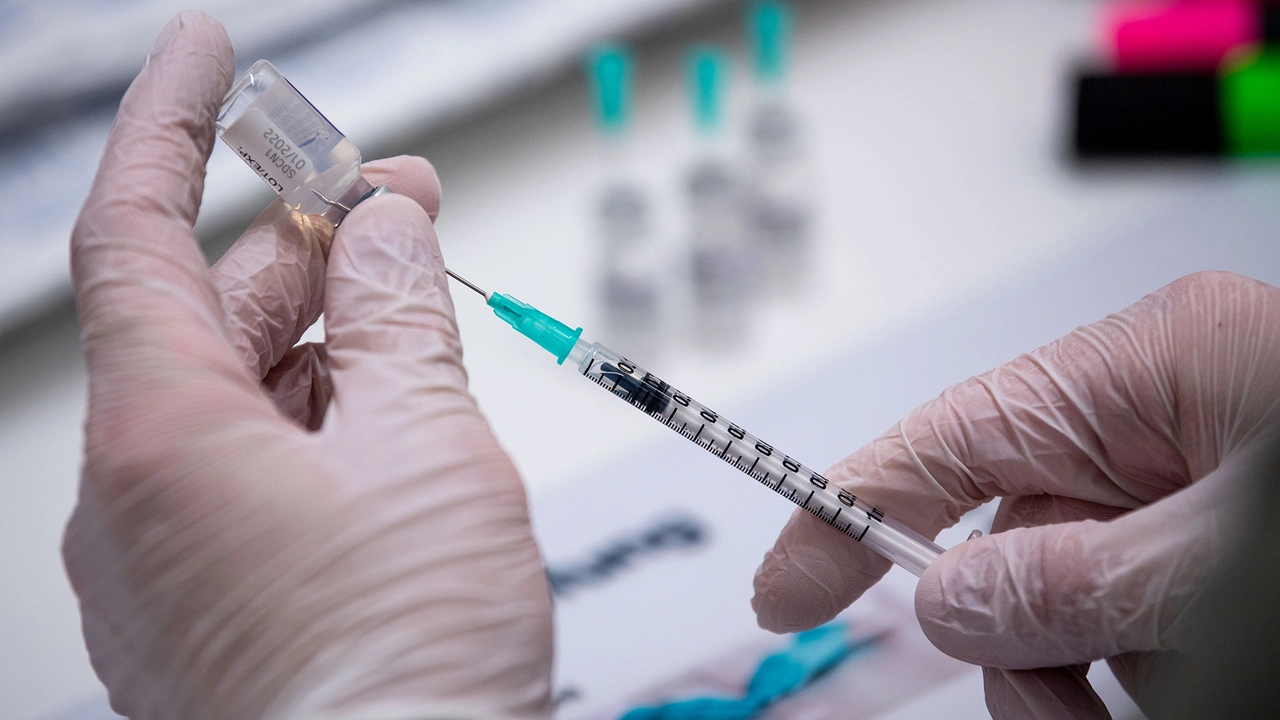Vaccination – What You Need to Know
If you’ve ever wondered why doctors keep talking about shots, you’re not alone. Vaccines are one of the simplest ways to protect yourself and your loved ones from serious illness, yet misinformation still clouds the picture.
How Vaccines Protect Your Body
A vaccine contains a tiny, harmless piece of a germ – either dead, weakened, or just a fragment of its genetic code. When you get the shot, your immune system spots that foreign part and starts building defenses, mainly antibodies. The next time the real pathogen shows up, those antibodies jump into action right away, stopping infection before it can take hold.
This “training” works for many diseases: flu, measles, COVID‑19, hepatitis, and more. Because most vaccines need only a few doses, the protection lasts years, sometimes a lifetime. That’s why public health programs focus on getting as many people vaccinated as possible – it creates herd immunity that shields even those who can’t get shots.
Common Questions About Vaccine Safety
Safety concerns pop up fast, so let’s clear the most frequent ones. First, serious side effects are extremely rare; most reactions are mild, like a sore arm or low‑grade fever that fades in a day or two. Those signs actually mean your body is responding correctly.
Second, vaccines go through rigorous testing before approval and continuous monitoring afterward. Regulatory agencies review data from thousands of participants, then keep an eye on any adverse events once the product hits the market.
Third, you might hear that vaccines cause autism or other chronic conditions. The claim originated from a discredited study and has been repeatedly debunked by large‑scale research involving millions of children.
If you have a weak immune system, a pregnancy, or an allergy to vaccine ingredients, talk with your pharmacist or doctor. They can tailor the schedule, suggest alternative formulations, or advise on timing to keep you safe.
Another practical tip: keep a personal vaccination record. Many countries now offer digital health cards that remind you when boosters are due. Setting up alerts on your phone helps avoid missed doses, especially for vaccines that need multiple shots like HPV or Hepatitis B.
Travel plans often trigger extra questions. Some destinations require proof of specific immunizations such as yellow fever or typhoid. Check the embassy guidelines early, and give yourself enough time to complete any required series before you leave.
Lastly, remember that vaccines aren’t just for kids. Adults benefit from flu shots every year, a one‑time shingles vaccine after 50, and regular boosters for tetanus or COVID‑19 as recommendations evolve.
Bottom line: getting vaccinated is a quick, low‑cost action that protects you, your family, and the wider community. If you’re unsure about any vaccine, reach out to a trusted pharmacy professional – they can answer questions, verify authenticity of online sources, and help you schedule appointments.
Stay informed, stay safe, and keep those shots on your health calendar.

